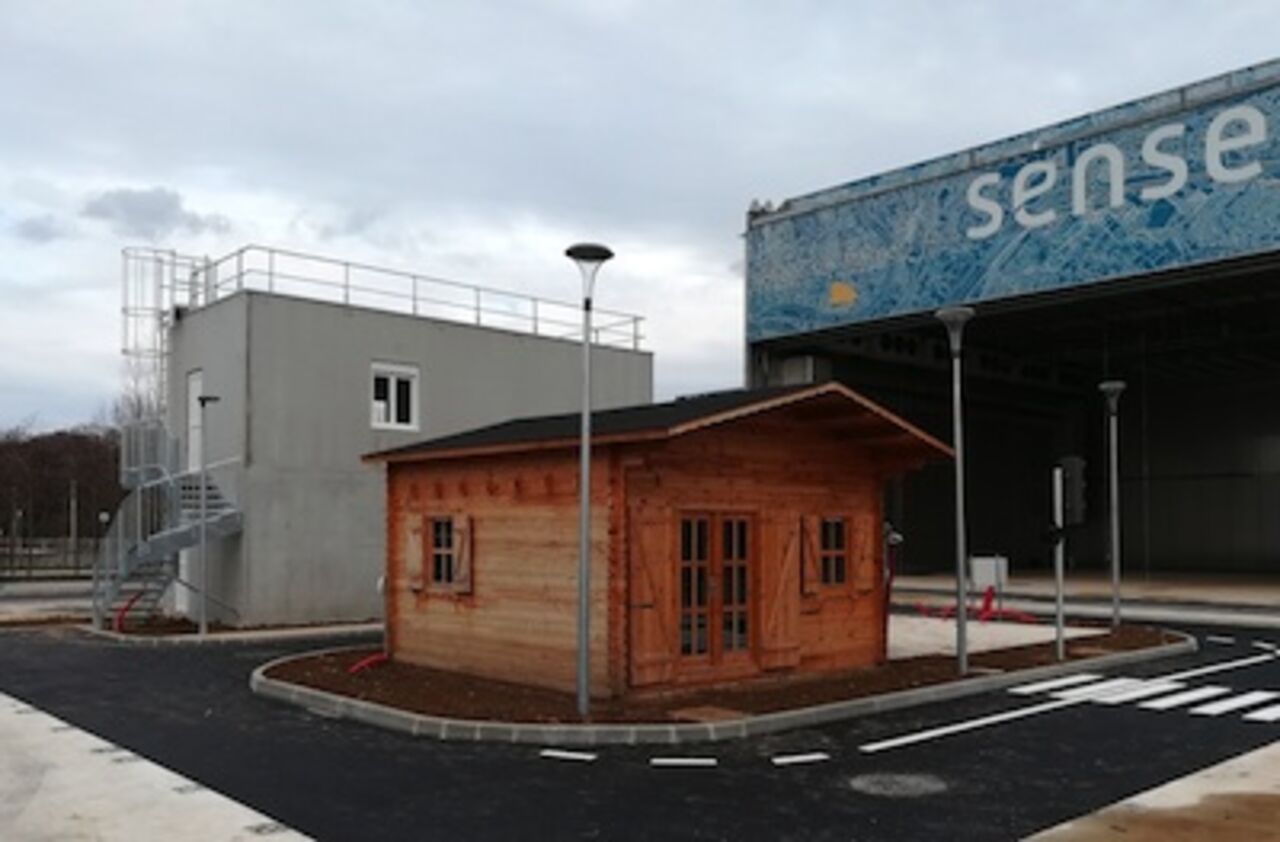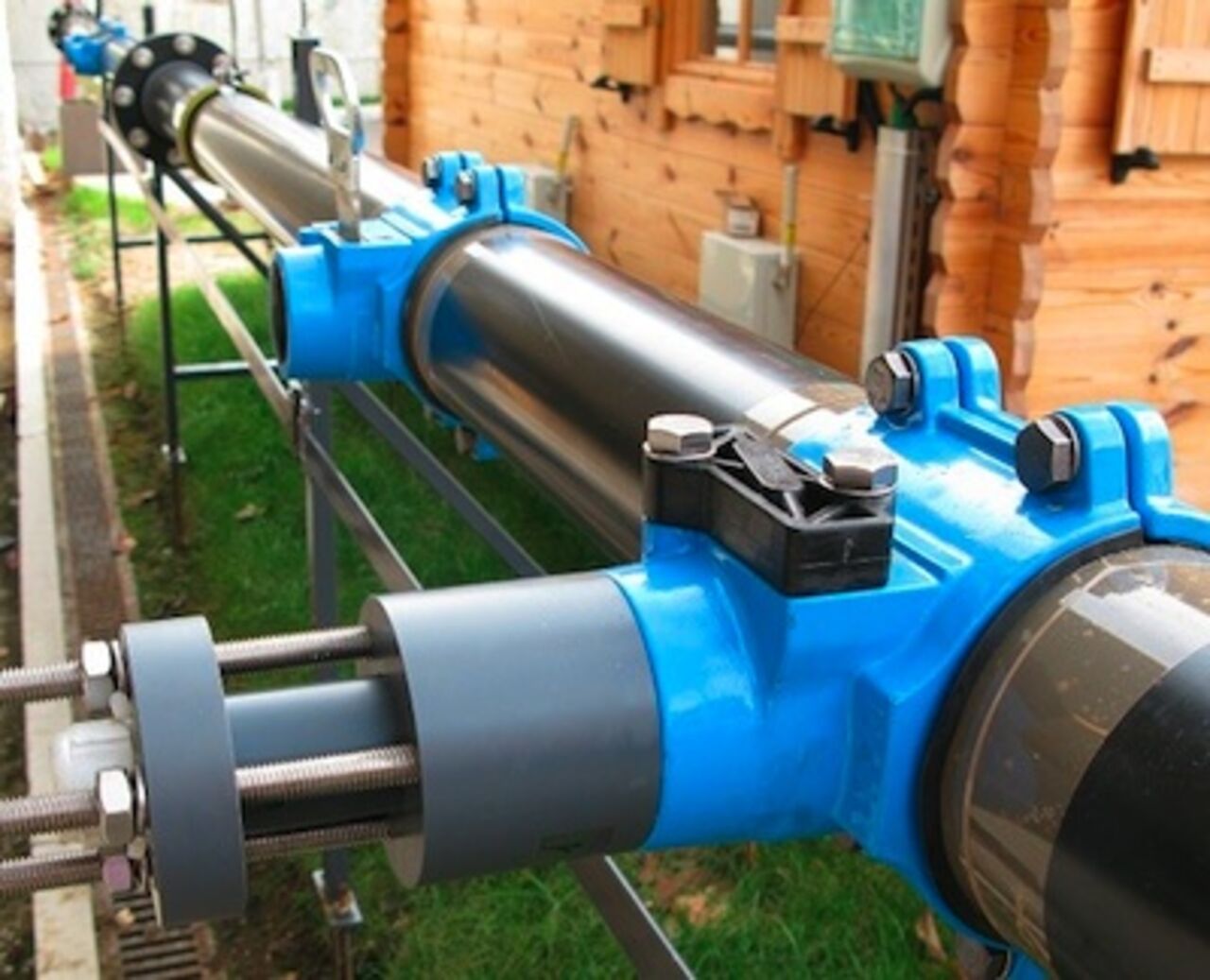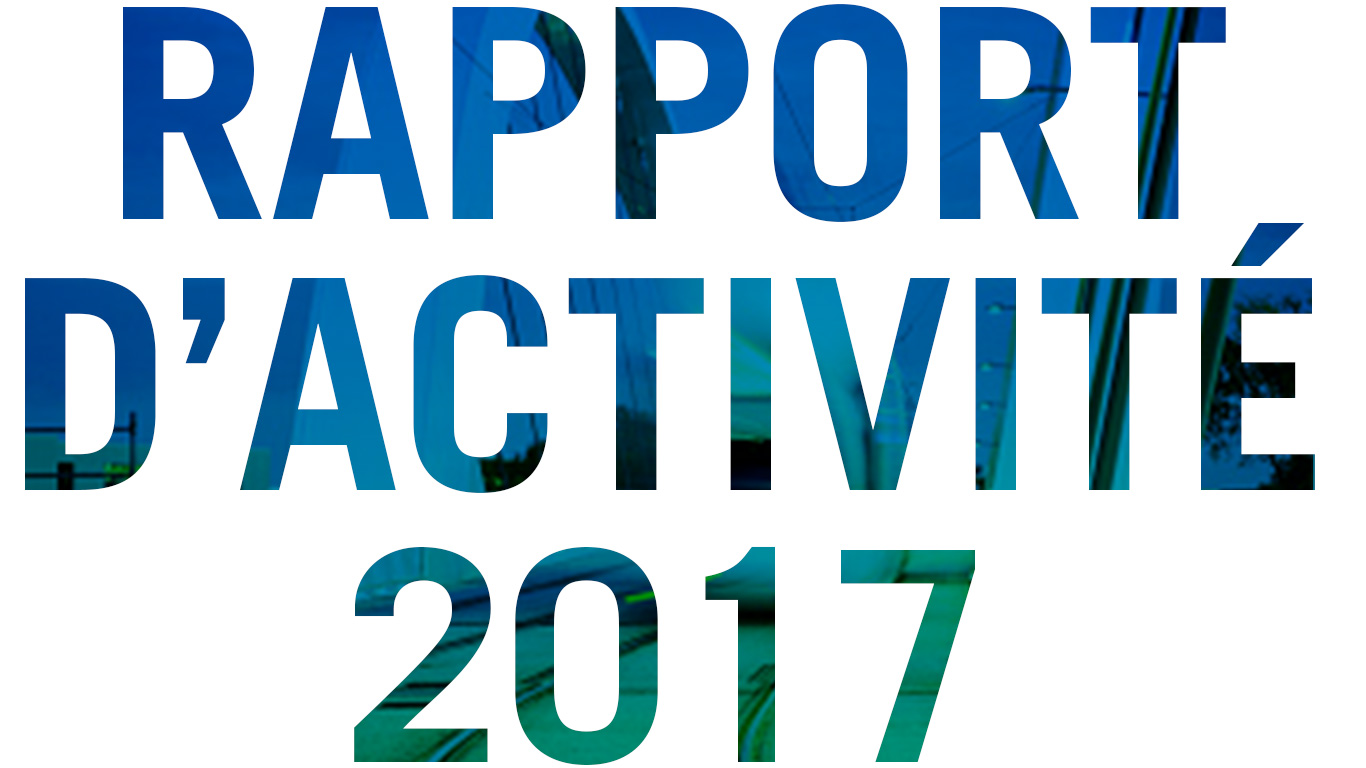Supporting sustainable development
Urban areas are complex not only because of the large number of issues they face, but also due to the need to take account of the interactions between them. Urban spatial planning therefore requires collective thinking, with multi-disciplinary approaches that exploit a wide variety and a large quantity of data. IFSTTAR is actively involved in responding to this challenge through its involvement in networks and the production of tools to address this complexity.
The Urban Europe Research Alliance (UERA) is a European research network aimed at carrying out research projects and providing input for future European calls for proposals. In 2017, four working groups were formed to cover the strategic research agenda of the JPI Urban Europe as fully as possible. IFSTTAR has been heavily involved in coordinating UERA and leading working groups on sustainable development and resilience as well as accessibility and connectivity.
As a reservoir of biodiversity, soils are essential for many ecosystem services such as food production, climate regulation, water seepage, and the quality of water and air. This resource is subject to strong land pressures caused, for example, by housing development, business parks, infrastructure, food production, energy production and leisure areas.
Collective expert appraisal on urban land uptake
INRA-IFSTTAR
In the public debate, urban land uptake is considered to be the main cause of the "disappearance" of agricultural or natural land. The government therefore wishes to implement measures to reduce this destruction of agricultural and natural areas. To support this public policy initiative, a survey of the current state of knowledge on the measurement of urban land uptake, its determinants and its impacts was commissioned jointly from INRA and IFSTTAR by the Ministries of Ecology and Agriculture and ADEME. Some fifty experts from various research organisations, including 13 from IFSTTAR, worked for two years with an INRA-IFSTTAR project team to carry out a collective scientific appraisal. This includes potential levers for action and research leads on the urban land uptake. It ended on 8 December 2017. A summary is available on the INRA website.
![[Translate to Anglais:] Artificialisation des sols [Translate to Anglais:] Artificialisation des sols_img](/fileadmin/_processed_/b/f/csm_Artificialisation_des_sols_34f86c4d1f.jpg)
Sense-City: the mini-city for tomorrow’s city
The massive deployment of sensors for energy efficiency, pollution and innovative materials.
Seven organisations (IFSTTAR, ESIEE, CSTB, Université Paris-Est, LPICM (UMR 7647 École Polytechnique-CNRS), INRIA and Université Paris-Est of Marne-la-Vallée) have joined forces to form the Sense-City consortium within the framework of PIA 1 for the creation of a facility of excellence for the city of tomorrow: Sense-City.
Located on the Descartes campus in Marne-la-Vallée, the Sense-City facility of excellence consists of a climatic chamber and two miniature cities. A large 3,200 m3 climatic hall is able to simulate rain and fine weather in order to study the urban metabolism and improve the city of tomorrow.
It is capable of reconstituting a specific climate from -10°C to 40°C, from 30 to 95% humidity as well as the sun and rain. As it is mobile, it can move onto one mini-city or the other depending on the planned experiments.
The mini-cities are parts of cities that are built for limited periods of time in order to study certain urban elements. Each is equipped with sensors connected to a data system that stores the measurements that will be analysed by researchers and engineers depending on their scientific interests.
Occupying the middle ground between a clean room and a living lab, Sense-City enables a large number of scientific experiments to be carried out in a controlled environment in order to improve our knowledge of sensors, communications networks, water, air and soil pollution, energy losses, heat exchanges, street furniture for urban monitoring, the properties of new materials with regard to pollution and heat, and the benefits vegetation brings to the city.

The Proteus project: the digital city and water quality
Drawing on the experimental possibilities offered by the "Sense-City" EQUIPEX , the main objective of the Proteus project is to produce smart, energy-efficient sensors for monitoring water quality in drinking water and wastewater networks.
This €3.9 million H2020 project brings together the following stakeholders in the sensor value chain: IFSTTAR, ESIEE Paris, Easy Global Market SAS and PONSEL MESURE SAS (France), UNINOVA, SMAS Almada and Unparallel Innovation (Portugal), WINGS ICT Solution (Greece) and the University of Perugia (Italy).
Proteus has helped improve the measurement of a number of chemical and rheological parameters through the use of microfluidic and carbon nanotube sensors. Trials are conducted in the Sense-City drinking water circuit to test and improve the prototypes. As far as the hardware is concerned, several different carbon nanotube sensors have been developed to monitor temperature, pressure, flow, conductivity, pH, chlorine and chlorides. A chip has been designed to retrieve data from these sensors. Lastly, software has been developed to upload the data into an information system. With respect to the detection of chemical elements, the experiments are promising: they prove that nanotube-based sensors are sensitive to chlorine, chlorides and pH. On the energy front, experiments are being carried out to recover energy from the stream of water to power the sensors and data uploading. The results show that it is necessary to top up the energy produced by the water stream by means of a solar panel in order to ensure optimal operation.
In parallel with the environmental issues that face us, another major area of intervention for IFSTTAR is the impact of logistics and mobility on the urban metabolism. The Institute's research aims to improve the chain that runs from the sensor to the decision support tool.

(source : IFSTTAR-Merliot)
The activities of the TerriTAP network
A methodology for quantifying incoming and outgoing flows of materials at the scale of an urban project has been developed by SPLOTT. It enables us to evaluate the nuisances associated with worksite flows by, for example, developing scenarios for optimising the metabolism.
Between 2014 and 2017, the TerriTAP network initiative - Territories Transport Public Action - brought together researchers and practitioners in planning and urban development for a series of meetings. The main topics addressed were urban and transport planning, parking, urban rail planning, urban transport safety, the management of staff mobility and regional logistics. The meetings made it possible to compare the scientific work and the analyses of the practitioners with a view to mutual enrichment

